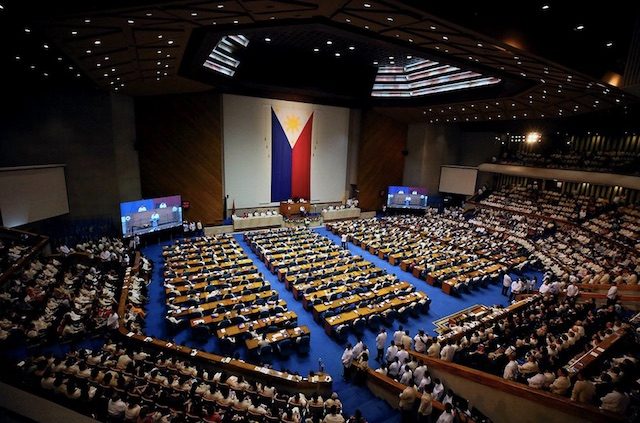SUMMARY
This is AI generated summarization, which may have errors. For context, always refer to the full article.

MANILA, Philippines – The wealth of 7 legislators increased by more than 100% between 2017 to 2018, with a congresswoman representing farmers topping the list.
AGRI Representative Delphine Lee declared a net worth of P254,308,994.61 in 2018, a whopping 406.25% increase in her wealth which was at P50,230,404.97 in 2017.
Lee is one of two representatives of AGRI, a party-list group established in Davao City in January 2005 to advocate for the protection of the rights of farmers and their families.
Lee, along with other AGRI Representative Orestes Salon, was a longtime member of the House minority bloc until she was named as chairperson of the ethics and privileges committee under the speakership of Pampanga 2nd District Representative Gloria Macapagal Arroyo.
Of the 7 House members whose wealth more than doubled in 2018 compared to the previous year, 4 of them are party-list lawmakers, including Lee, who was also the richest among them.
Rappler has already reached out to Lee’s staff, but they have yet to give an official statement as of posting time.
The richest congressman in 2018 is still 1-Pacman Representative Michael Romero, who declared a total net worth of P7,858,000,000. He completes the two-man billionaires’ club in the House, along with Negros Occidental 3rd District Representative Alfredo Benitez, who reported a net worth of P1,016,503,102 in 2018
Albay 1st District Representative Edcel Lagman, one of the principal authors of Republic Act No. 7941 or the Party-list System Act, had earlier said the law was designed to ensure marginalized sectors would have representation in Congress. (READ: Comelec, SC ‘bastardized’ party-list system – opposition lawmakers)
The law defines a “political party” as an “organized group of citizens advocating an ideology or platform, principles, and policies for the general conduct of government and which, as the most immediate means of securing their adoption, regularly nominates and supports certain of its leaders and members as candidates for public office.”
But in 2013, the High Court ruled that political parties do not have to represent the marginalized sector to participate in the party-list elections, debunking an argument Comelec used at the time in disqualifying 54 party-list groups from running in the elections.
Akbayan Representative Tom Villarin earlier said the SC ruling had allowed campaign money to trump sectoral advocacies in the 2019 party-list elections where Akbayan lost for the first time since the latter were held in 1998. (READ: Villarin: Money, power won vs sectoral advocacies in 2019 party-list race) – with reports from Michael Bueza/Rappler.com
Add a comment
How does this make you feel?
There are no comments yet. Add your comment to start the conversation.